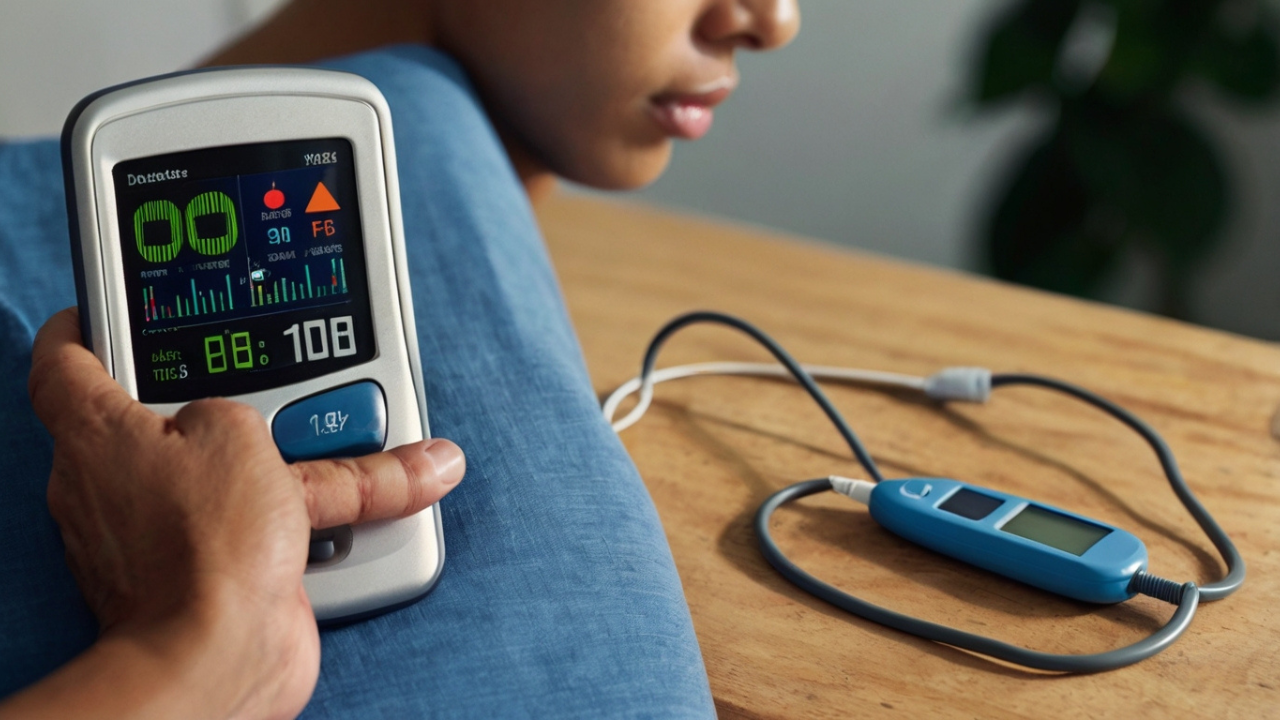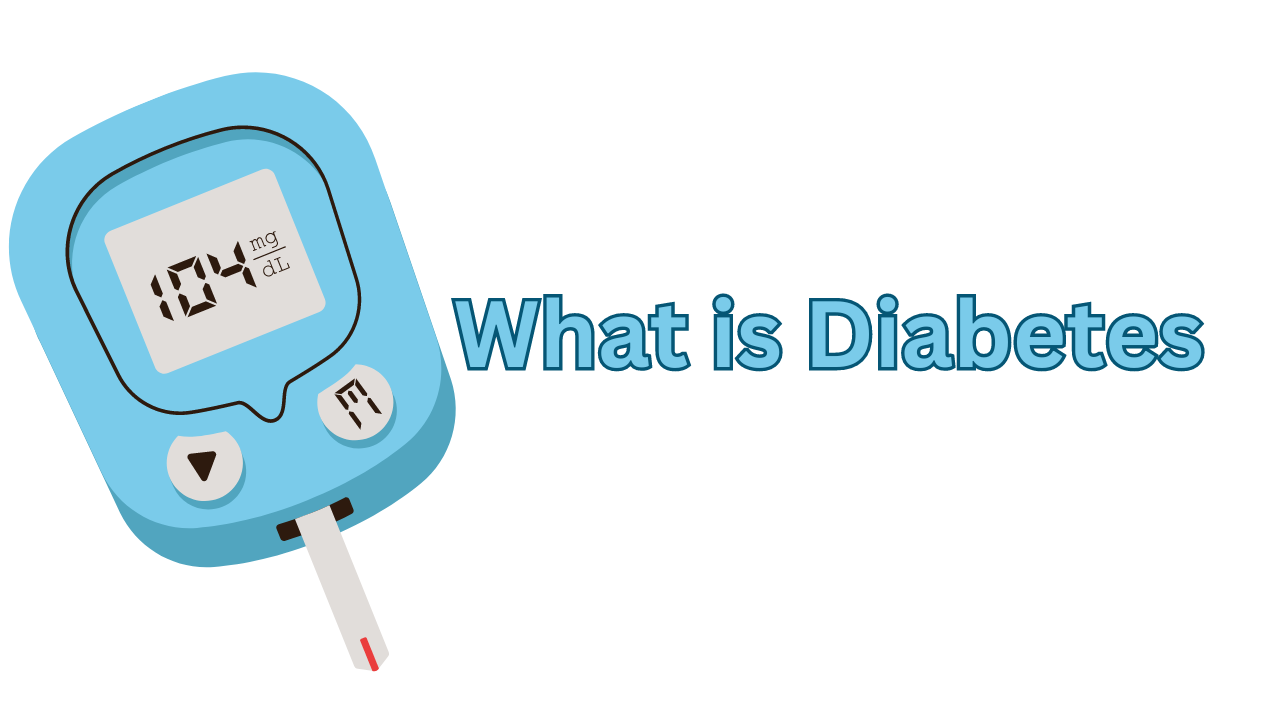Understanding Diabetes and Heart Rate: Key Insights for Managing Your Health
Understanding Diabetes and Heart Rate: Key Insights for Managing Your Health Diabetes and Heart Rate: What You Need to Know Diabetes and heart rate are intricately connected, with diabetes management playing a vital role in maintaining a healthy heart rate. Individuals with diabetes often experience fluctuations in their heart rates due to the impact of



